Life-Stuff.org
Facts & advice foryoung adults

Any of the below could be a sign of gaming addiction :
Look out for the following behaviours:
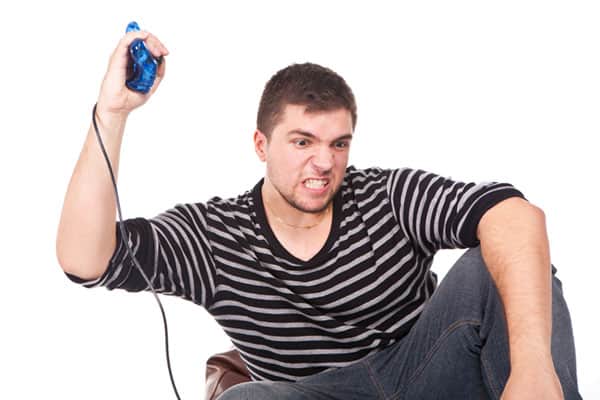
Anger or rage – If someone interrupts a gaming session or the broadband goes down, and the response is anger or rage – including shouting, screaming or physical attacks, then this can be a sign of gaming addiction.
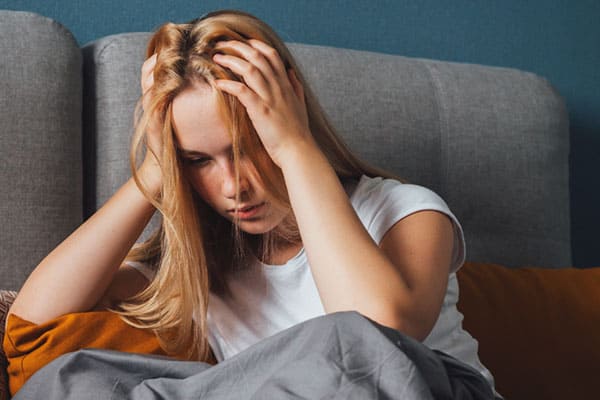
Isolation and loneliness
Spending long periods of time playing games alone can reduce interaction with relatives and friends in real life. Although gamers might use online chat in multiplayer games and talk to friends online, it’s not the same as seeing people and doing real things together.
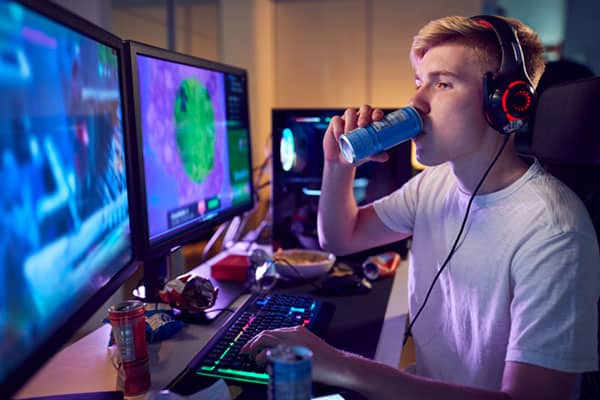
Poor nutrition or self-care
When gaming takes over people may skip meals, rely on junk food, resist taking toilet breaks or have poor hygiene.

Not going out
Playing games for long periods can mean that people miss out on exercise, fresh air and daylight. This can affect mood, weight and meeting other people.
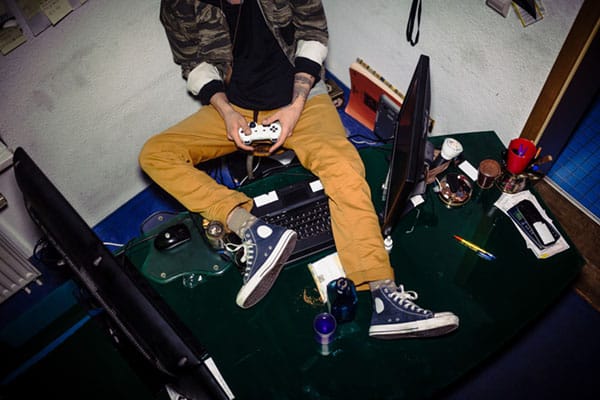
Compulsivity – If a person feels they can’t leave a game, hides how much they are playing or cuts out sleep to play all hours, this is a sign of compulsive play, which can affect mental health, work and relationships.
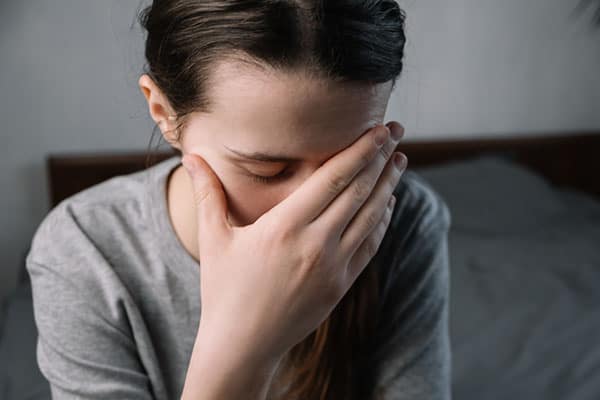
Headaches and migraines
Headaches can be due to eye strain, bad posture or dehydration, or they may be related to mental health issues – including anxiety and depression. Gamers who get regular headaches should get checked out by a doctor.

Poor quality sleep
Playing stimulating games for many hours at a time, particularly late at night, will make it harder to get to sleep.

Depression
In regular gamers, not wanting to go out or do anything else, sadness or feeling really low can be signs of problem gaming. They will feel worse when not playing – this is called withdrawal.
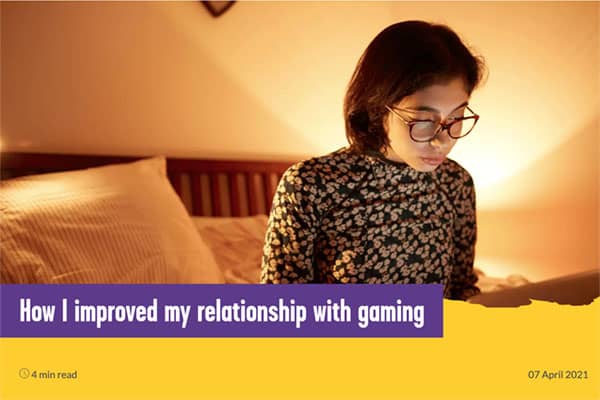
Real story How I improved my relationship with gaming
If someone feels like gaming is taking over their daily life and they’re not sure what to do, then telling a friend, family member or someone they trust is often the first step to feeling better.
If that’s not possible, there are brilliant free organisations, chat rooms and help lines to support anyone facing problems or worries for themselves or someone else.

Big Deal offers information, advice and support for young people affected by problem gaming and gambling in England, Scotland and Wales. A free 24/7 1-2-1 live chat service is available. A phone helpline for Young People 0203 092 6964 is open 9am – 8pm Monday-Thursday; 9am – 5pm Friday). Outside these hours, you can call the National Gambling Helpline for free on 0808 8020 133 (24 hours, every day). bigdeal.org.uk/get-help/

The Mix offers support to anyone under 25 for whatever is troubling them. There is a free 1-2-1 webchat service available and the phone helpline 0808 808 4994 is open 4pm – 11pm, seven days a week. There is also email support available via their online contact form and free short-term counselling service available. themix.org
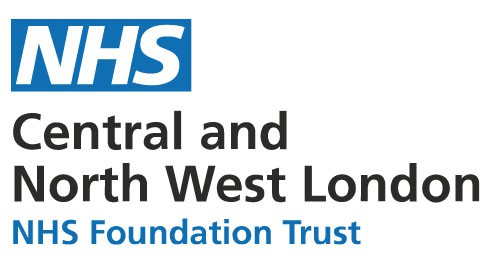
National Centre for Gaming disorders provides treatment for problem gamers living in England and Wales aged 13 and over. The clinic helps young people and their families overcome problem gaming. cnwl.nhs.uk/services/mental-health-services/addictions-and-substance-misuse/national-centre-behavioural-addictions/National-Centre-for-Gaming-Disorder
Talk to a GP – doctors can help with any worries about addiction, sleep, low mood, social anxiety or if someone’s behaviour has changed due to gaming.

Game quitters offers information and programmes to cut down on gaming gamequitters.com
For further help and support, please contact support@life-stuff.org